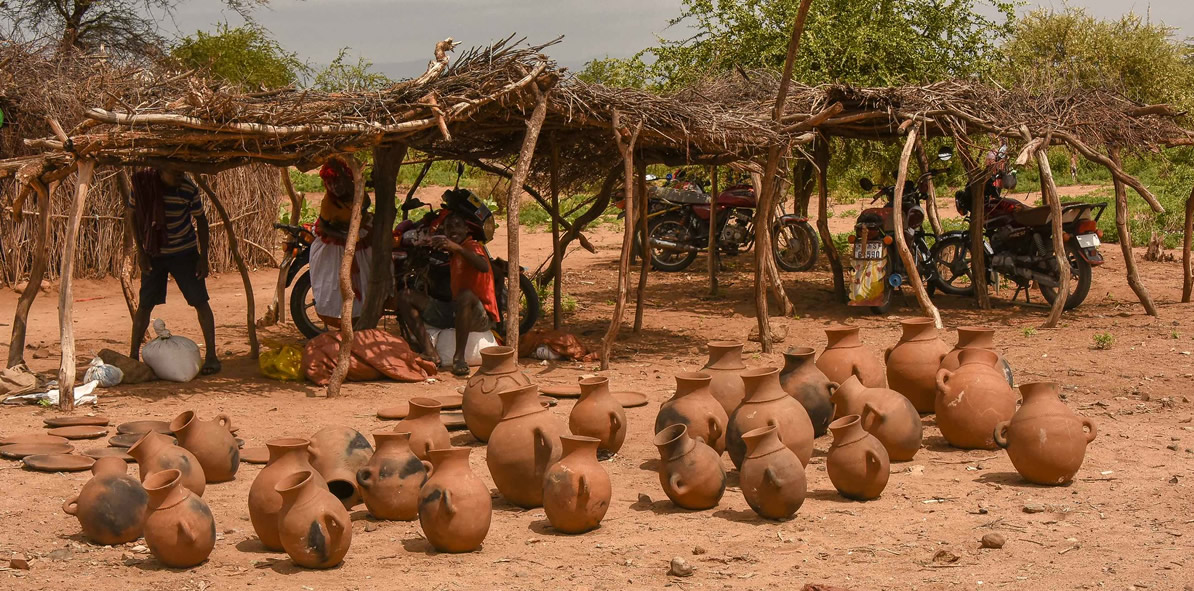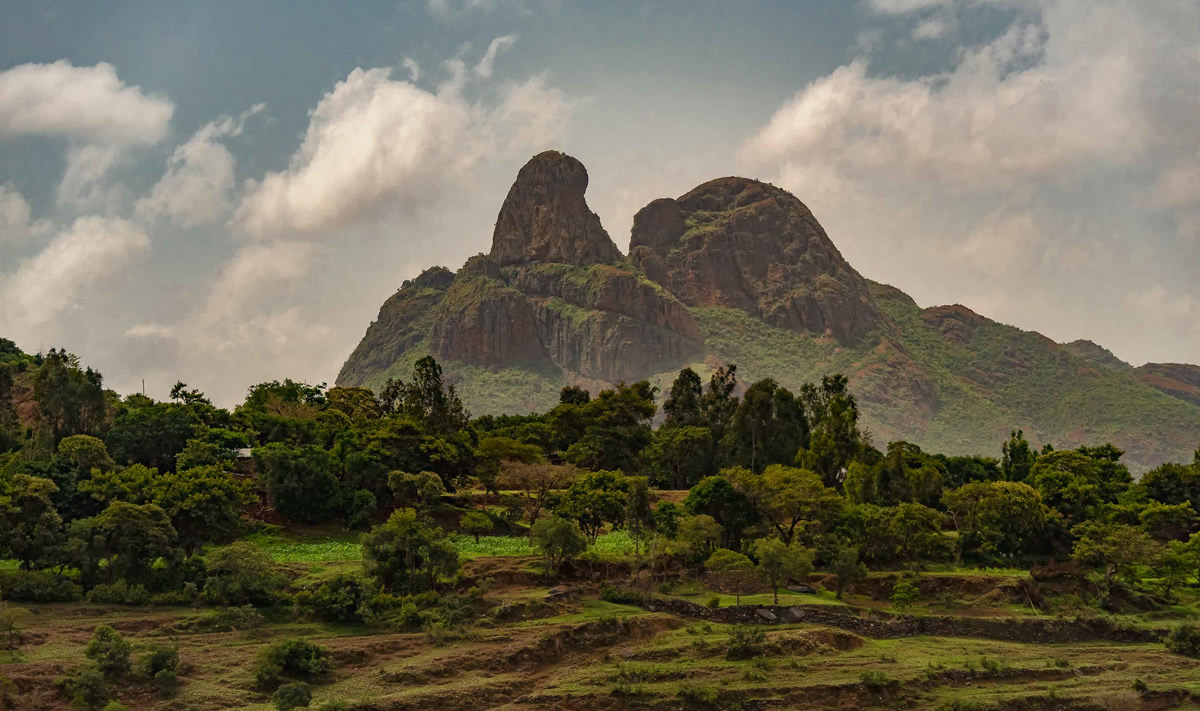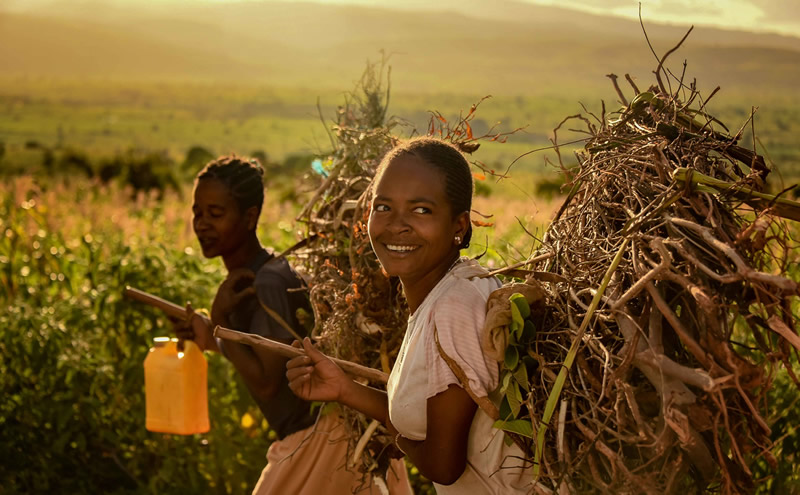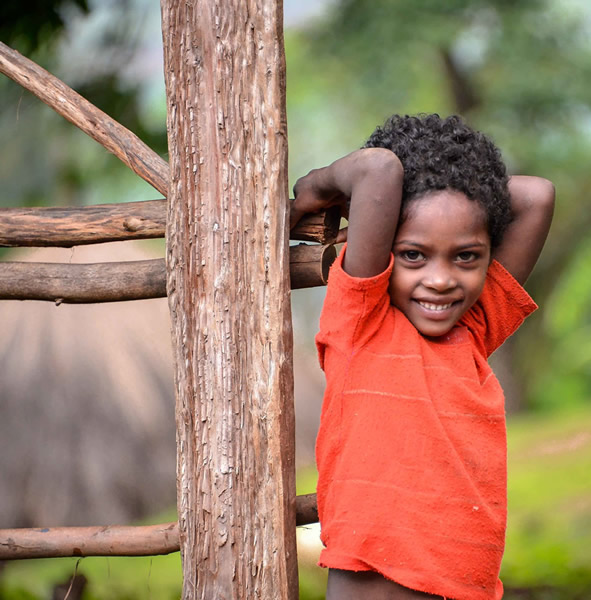HOMER Energy CEO Peter Lilienthal has just returned from Addis Ababa, Ethiopia where he participated in the National Off-Grid Electrification Forum, funded by the World Bank Energy Sector Management Assistance Program (ESMAP). His participation consisted of a one and a half day training workshop, that was also partially funded by the UK Department for International Development (DFID) through their contractor, SouthSouth North of South Africa, an NGO focused on energy policies that will mitigate climate change and improve resilience.

The intent of the training mission was to promote mini-grid investment, sharing experience with successful mini-grids and off-grid solar projects, and providing in-depth training on these technologies. Ultimately the goal is to help provide input into the Ethiopian government’s National Electrification Program, which aims to reach universal electrification by 2025. That effort is targeting the country’s rural areas with mini-grid and off-grid solutions, hoping to achieve nine million new electric connections within the next few years.

Dr. Lilienthal conducted training on the HOMER software, which provides pre-feasibility and feasibility analysis of mini-grids, both grid-tied and off-grid hybrid renewable energy projects. Using HOMER reduces uncertainty about system sizing and reduces financial risk, says Lilienthal. Others presented experience on mini-grid finance and business models as well as regulatory issues.
According to ESMAP, Ethiopia has improved energy access over the past few years and reformed the energy sector by unbundling the national utility. It has implemented a new framework for Public Private Partnerships and enhanced investments in the mini grid sector.

That said, 66 percent of Ethiopians – or 58 million people – are still unable to access electrical power. Furthermore, 80 percent of the population lives in rural areas, where fewer than a third of the people have energy access. Mini-grids are the technology of choice for reaching them with reliable power.

In a larger context, mini-grids, which have continued to decline in cost over the past decade, are expected to play a major role in providing universal energy access in Africa. While the number of people without electricity globally has recently dropped below a billion, many of the world’s poor live in areas that are too remote to be reached by an expanded electric grid. Ninety percent – or 650 million of these people – live in Sub-Saharan Africa, and in these cases, mini-grids are the best solution. Not only that, the latest generation of mini-grids now provide more reliable power than most Sub-Saharan utilities. According to ESMAP, a key obstacle to dissemination of more mini-grids is lack of system knowledge and best practices, exactly what the learning event in Ethiopia was designed to address.

Hello Dr. Peter Lilienthal,
I really appreciate your fabulous HOMER training.
There is no doubt that your training is very helpful for both the on-grid and off-grid mini-grid in not only Ethiopia but also around the world.
I always remember your HOMER training during the World Bank’s (ESMAP) mini-grid learning event on Feb 6-10, 2017 at Hilton Nay Pyi Taw in Myanmar.
Also, I miss our collaboration works in the World Bank’s Mission: Myanmar NEP towards universal access.
Indeed, I’m amazing for the impressive modeling and simulation ability of your software, HOMER Pro. Currently, the pre-feasibility and the feasibility investigation of the mini-grid in Myanmar are performed by applying HOMER Pro.
I’m performing the capacity building training of Renewables and HOMER Pro to the mini-gird experts and the project developers in Myanmar.
I usually acknowledge your kind supports and the great guidance.
Sincerely,
Aung Ze Ya
Myanmar
Thank you very much Dr. Aung,
Please do let us know if we can do anything to support you.
All the best,
Lili Francklyn